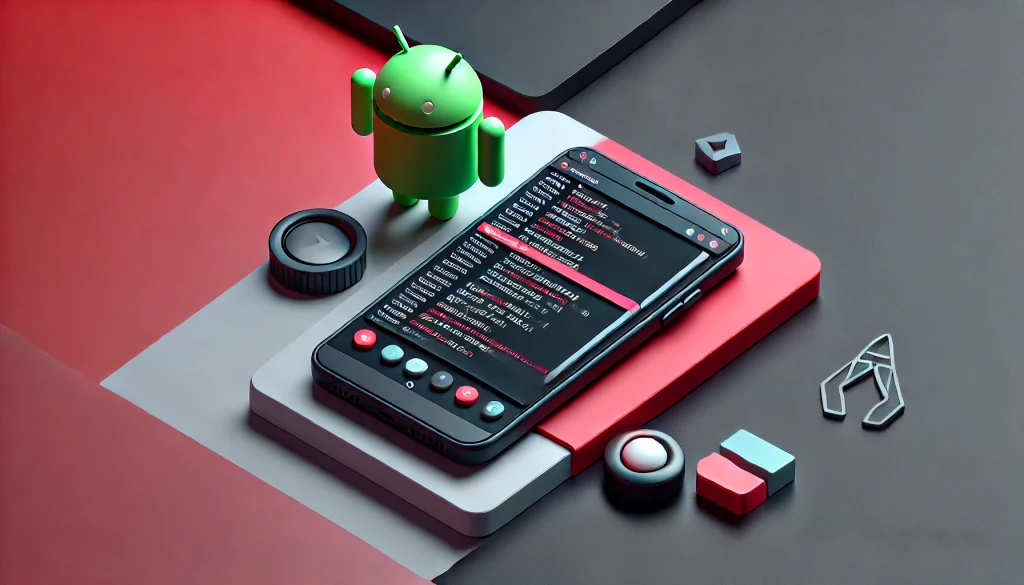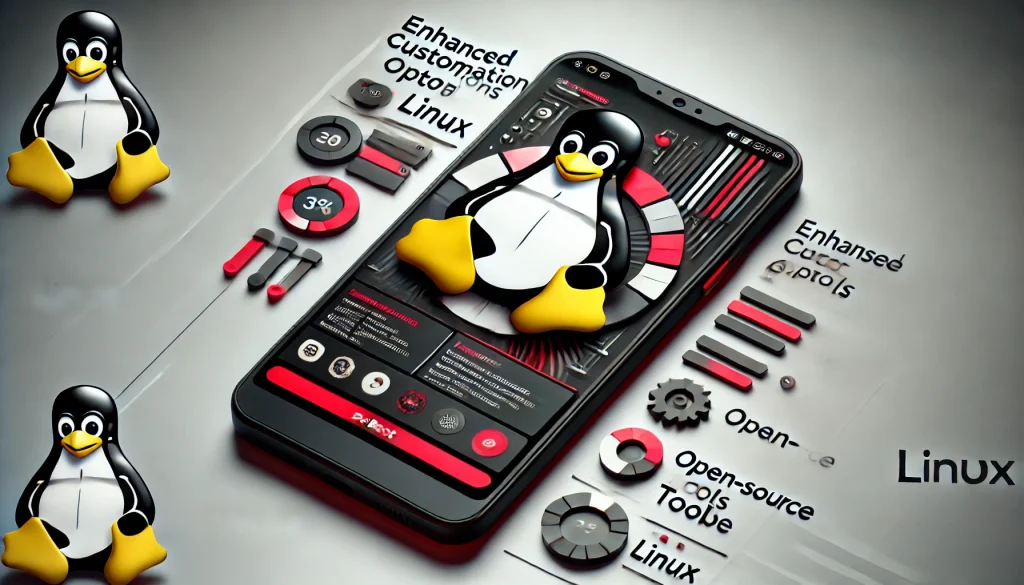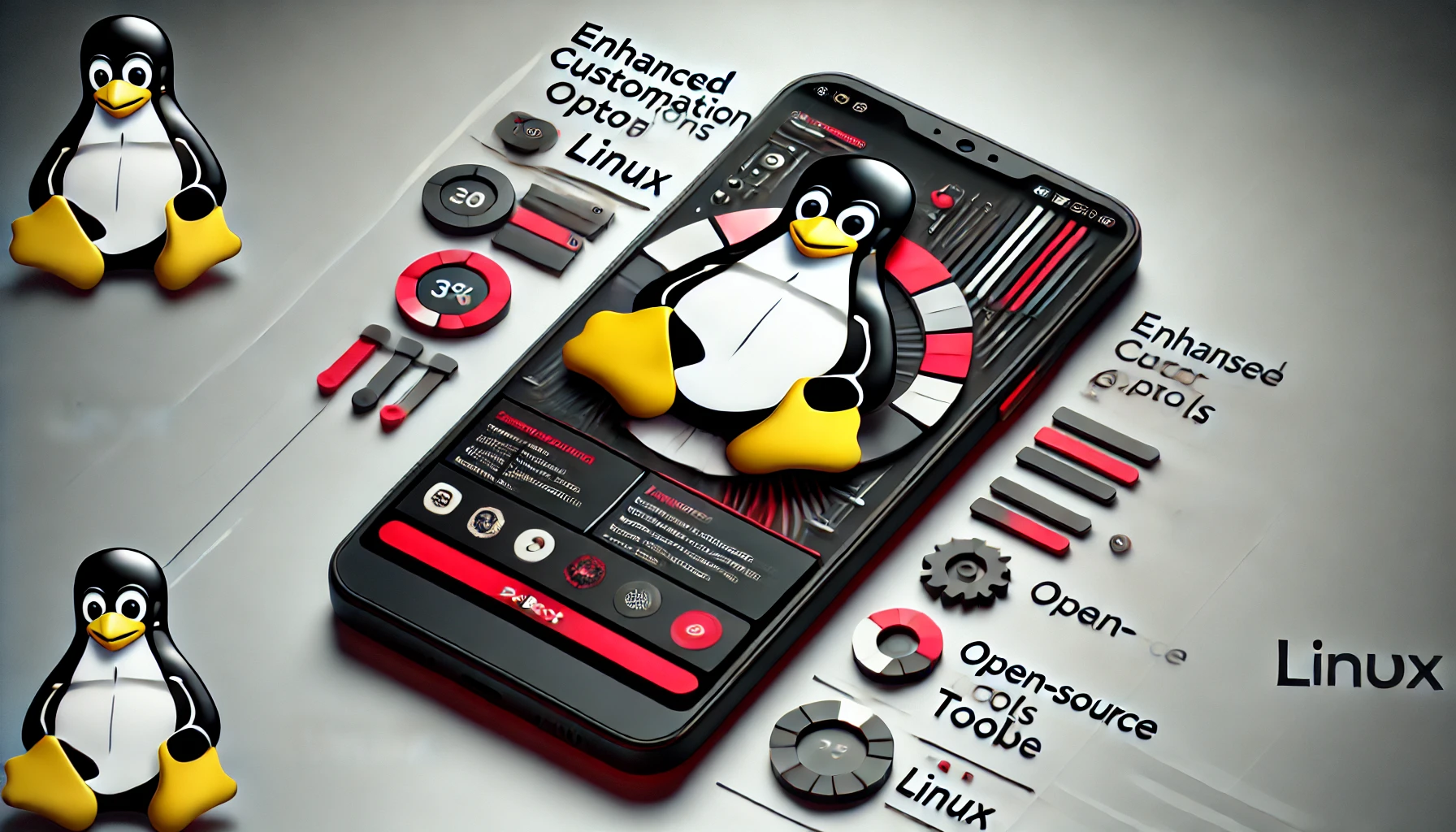
Recent advancements in the world of operating systems have brought exciting news for Linux and Android users alike. Google is preparing to enable Linux apps to run natively on Android devices, a development with major implications for tech enthusiasts and developers alike. With this development, Android could take a massive leap in its capabilities, blurring the lines between mobile and desktop environments. Industry professionals are closely watching this update, which could transform both operating systems and unlock new app development possibilities.
What’s to Come?
Google has been making waves with the announcement of enabling native support. This decision is exciting because it eliminates the need for third-party emulators or containers, previously the standard. With deeper Linux integration into Android, users can expect smoother performance, fewer compatibility issues, and a more seamless experience across devices.
This isn’t just a theoretical concept; recent updates to Android have already introduced native Linux support through developments in the Android Kernel. Developers can now start experimenting with running Linux apps directly on their devices without any virtual environments. This move also aligns with Google’s efforts to unify mobile and desktop environments, giving developers more flexibility to bring powerful Linux tools to mobile platforms.
This development is likely to benefit a variety of Android devices, and it’s speculated that flagship models such as Google’s Pixel series will be among the first to fully support this capability.
Release Date and Location
Although no official global release date has been confirmed, insiders suggest Google may roll out these features in Android updates as early as October 2024. The first phase of this integration is expected in beta versions, accessible mainly to developers and early testers. Google’s annual developer conference, typically held in California, might serve as the launchpad for more formal announcements.
Behind the Innovation

The driving force behind this integration of Linux on Android is a dedicated team at Google’s Open Source Projects division. This initiative stems from Google’s desire to broaden Android’s versatility and tap into the flexibility and power of Linux applications. One key figure spearheading the development is Dave Burke, Google’s VP of Engineering for Android. Burke has played a key role in shaping the Android ecosystem for more diverse and powerful use cases, turning Android devices into more than just mobile computing platforms.With the support of the Linux Foundation, Google’s engineers have also received critical input to streamline the process.
Why It Matters?
For both the Linux and Android communities, this news is nothing short of groundbreaking. Enabling Linux apps to run natively on Android devices means users can now utilize a full suite of powerful tools traditionally reserved for desktops. Developers will also have a new platform to test their apps, bridging the gap between mobile and desktop environments.
From a broader perspective, this move increases Android’s potential in professional and creative spaces where Linux applications thrive. Whether it’s software development, data analysis, or creative industries, the ability to run powerful desktop applications on mobile hardware opens a new chapter for both Android and Linux.
This development positions Google as a leader in mobile computing, offering a more open and customizable ecosystem than iOS. For Android users, it signals a future where their devices rival traditional computers, boosting productivity and creativity on the go.
From the Developers

Statements from Google’s development team echo the excitement around this innovation. Dave Burke recently remarked, “This is a monumental step for Android as we merge the power of tools with the flexibility of mobile. We’re excited to see how the developer community will innovate on this platform.” A spokesperson from the Linux Foundation echoed the collaborative effort, stating, “The merging of Android and Linux ecosystems unlocks new opportunities for developers.” This development stands to benefit a wide range of industries.”
These quotes highlight the importance of community feedback and collaboration in making this vision a reality.
Conclusion
The ability to run Linux apps natively on Android devices marks a key moment in the evolution of mobile operating systems. Google’s move to integrate Linux into Android reflects a commitment to enhancing functionality, giving users greater control over their devices, and unlocking new levels of innovation. As the official release approaches, it’s worth keeping an eye on how this development might further transform the Android ecosystem. Expect more announcements, possibly during Google’s next major developer event.
Resources
- Android Police. Andrew Martonik. Google is Bringing Native Linux Support to Android.
- Geekflare. How to Run Linux on Android Phones Without an Emulator.
- Its Foss. Google’s Latest Move to Run Linux Apps on Android Devices.
- Linux.org. Linux on Android: A Game-Changer in Mobile Operating Systems.
- Pappp’s Rambling. What Google’s Linux on Android Update Means for Users.

Brijesh Gohil is the founder of Tech Brij, A popular Tech Blog which is focused on Tech tips & Buying Guides. You can follow him on Facebook, Twitter, Google + & LinkedIn.

